Mark Emmert’s 12-year NCAA legacy: A well-paid president who couldn’t lead during a time of dramatic change
On Tuesday, the NCAA announced that Mark Emmert would step down as president, either once a replacement is found or by June 30, 2023.
The remote departure date allows the Association to find a new leader and Emmert to continue to receive paychecks which, given his annual base salary of approximately $2.7 million, should be about $112,500 every two weeks.
Emmert certainly learned long ago that when it comes to “amateur sports,” the fight never stops.
The decision was meant to be “mutual” between Emmert and the NCAA Board of Governors, but Emmert had a contract through 2025 and there’s no earthly reason he would agree to step down. It’s not like anyone knew what he was doing. He was so bad in public that he rarely appeared anywhere or said anything.
His dozen years at the head of the organization were marked by inertia, inefficiency and incompetence.
Virtually every initiative Emmert attempted either failed or was useless. His tenure was consistently behind the curve and time. He left his organization forever on his heels and constantly lost battles in the courts, both judicial and of public opinion.
As reform rolled in, the NCAA fiddled with its president unable to forge effective plans, let alone build consensus to enact such plans, on issues ranging from conference realignment, name, image and likeness, player rights, skyrocketing costs, widespread violation of rules, transfers etc.
The 69-year-old will finish his term with almost no support or respect from top athletic directors or many of the conference officials who operate on the front lines of college sports. Most have taken the reins and tried to run things without him. Eventually, even his former peers at the college presidential level — Emmert was the former campus head at Washington and LSU — dropped out.
Maybe the job was impossible. Bringing together a large and diverse association of individual institutions and guiding them through a turbulent time is certainly not easy. Bless whoever tries next.
Still, it’s almost impossible to imagine anyone who could have done worse.
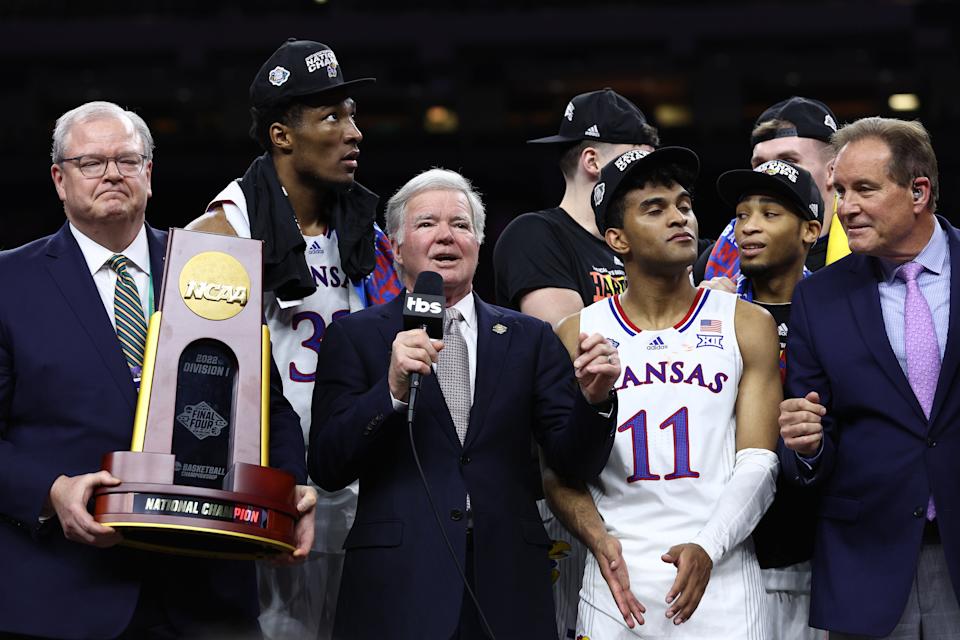
Emmert was distant and rambling. He was seen by many in college athletics as aloof and even selfless. He was bad in front of the cameras, off-putting at press conferences and stiff at ceremonies. He liked to outsource big challenges rather than roll up his sleeves and work on them himself – how many blue ribbon committees has Condoleezza rice chaired for him?
He was prone to self-inflicted public relations disasters. In 2021, Oregon women’s basketball player Sedona Prince filmed a TikTok calling out the disparities between the respective weight rooms in men’s and women’s tournaments.
Rather than offering an immediate mea culpa and a run to the women’s event to meet Prince and others while fixing the issue (and maybe even filming new TikToks of him setting up a developed lying), Emmert was defiant and offered a professorial apology.
This has led to the NCAA being hammered for not caring about female athletes, even though the organization has almost certainly done more for women’s sport than any other entity on earth. While not perfect, creating opportunities for female athletes is one of the NCAA’s greatest accomplishments over the past four decades. Yet the organization has become a model of gender discrimination anyway, a brutal slap in the face for Indianapolis’s many hardworking and no-nonsense employees and administrators, many of them women.
It was Emmert. Pretty much everything he touched turned to dust. The simple has become hard. The hard? He didn’t even try. He stood idly by as the leagues split, conference commissioners seized real power to run things, and federal courts tore down the NCAA’s tired old defenses of amateurism.
Although radical change was clearly coming, Emmert could never find any common-sense compromise. He was a voice of the 1970s, digging into concepts that modern lawyers and judges have torn to shreds.
Due to foot dragging and doomed legal strategies, things like NIL have come about not through NCAA legislation, but through a hodgepodge of state laws that create a chaotic situation. The NCAA pretty much gave up trying, and Emmert asked federal lawmakers to save things.
What kind of company is begging Congress to run it?
Emmert could never get it right. Even when his heart was in the right place, his execution lacked foresight. Early in his tenure, Emmert was rightly outraged by a child molestation case involving Jerry Sandusky, a retired Penn State football assistant. Yet rather than understand the limits of the NCAA — it’s there to administer transfers and practice limits, not criminal cases — the NCAA clumsily sought its own justice and tried to bury Penn State in sanctions. scholarships. He had to back down later, but that set the tone for everything.
When the college hoops were so overwhelmed with the rule violation and scandal that the FBI was investigating it, a shy Emmert turned the problem over to the so-called “Commission on College Basketball” who proposed the so-called “Independent Accountability “Resolution Process” which was supposed to add bite and speed to the enforcement process.
Instead, it has somehow become slower and more bureaucratically cumbersome. Almost no cases have been resolved. Everything drags.
It led to humiliation earlier this month when, in a case that dates back to 2017 and three full seasons after charging Kansas and basketball coach Bill Self with five Level I violations, Emmert had to stand on a stage as Self and KU were presented with the national title because the NCAA had yet to reign.
Meanwhile, former Adidas KU bag man Jim Gatto was in jail on charges that included paying former Jayhawk recruits.
Emmert was so embarrassed and nervous that he congratulated the “Kansas City Jayhawks” for the title. KU cared so little about Emmert that he had long since given Self a lifetime contract, even though he had cheated.
If Emmert’s NCAA couldn’t catch Kansas with all the FBI wiretaps, what exactly could it do?
Nobody knows. Almost nothing has ever been done. As college sports spun and evolved over 12 years, the association in charge was stuck in the mud, run in circles by Mark Emmert, its president doing nothing.
Right from the start, he was overwhelmed and outclassed for a tough job, but man, being lousy at that always paid off well.
#Mark #Emmerts #12year #NCAA #legacy #wellpaid #president #couldnt #lead #time #dramatic #change

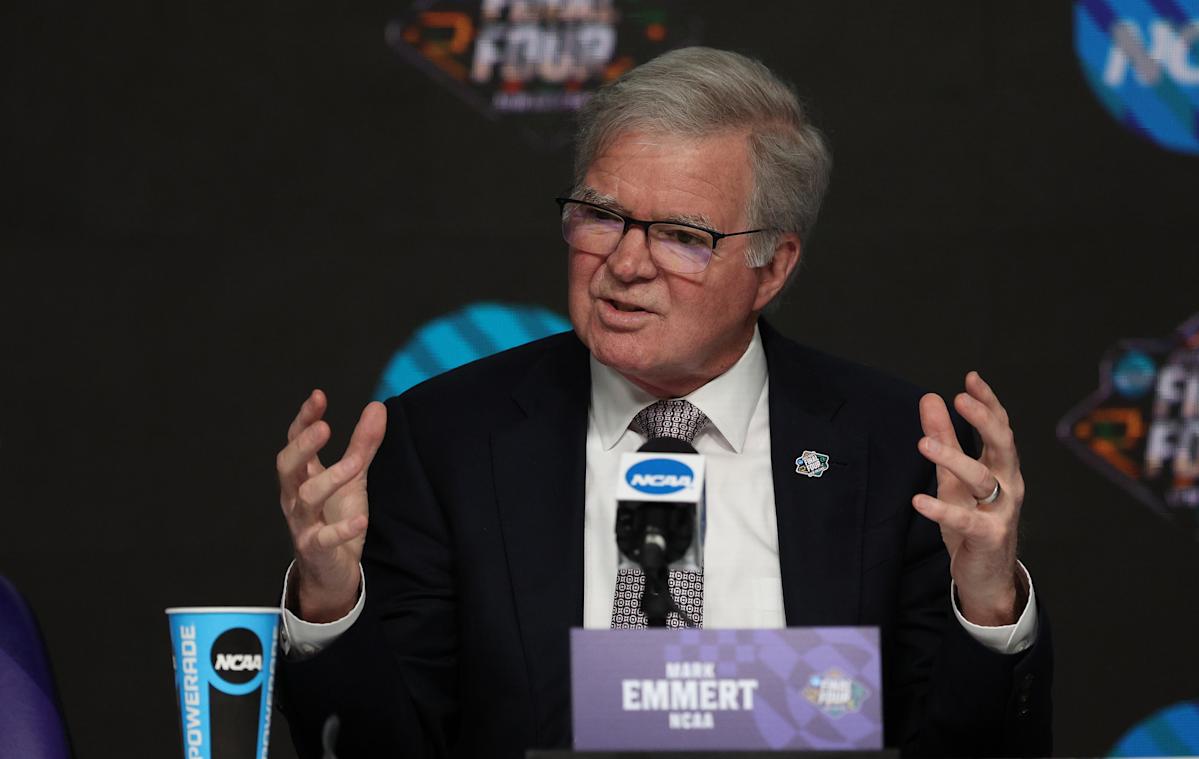
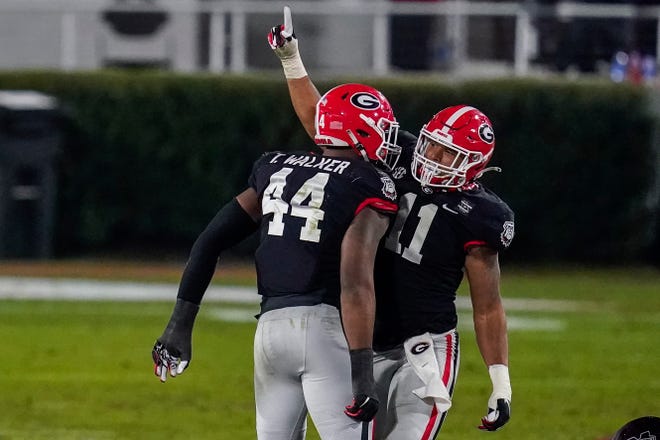
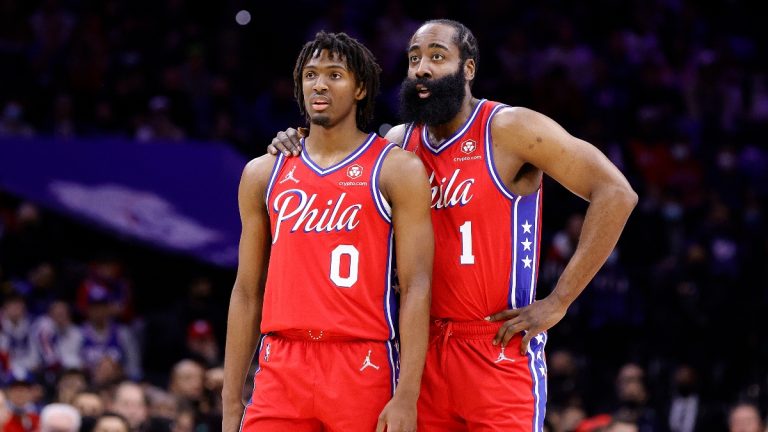
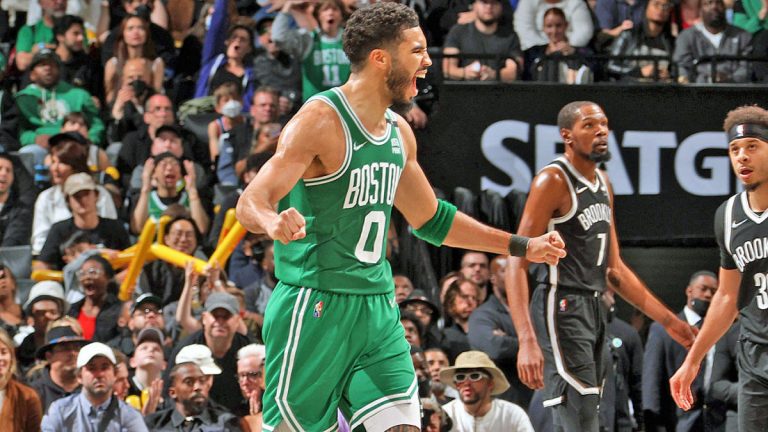
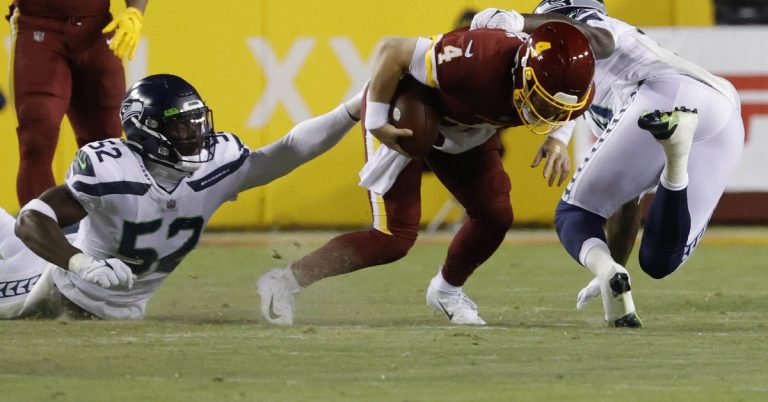


One Comment